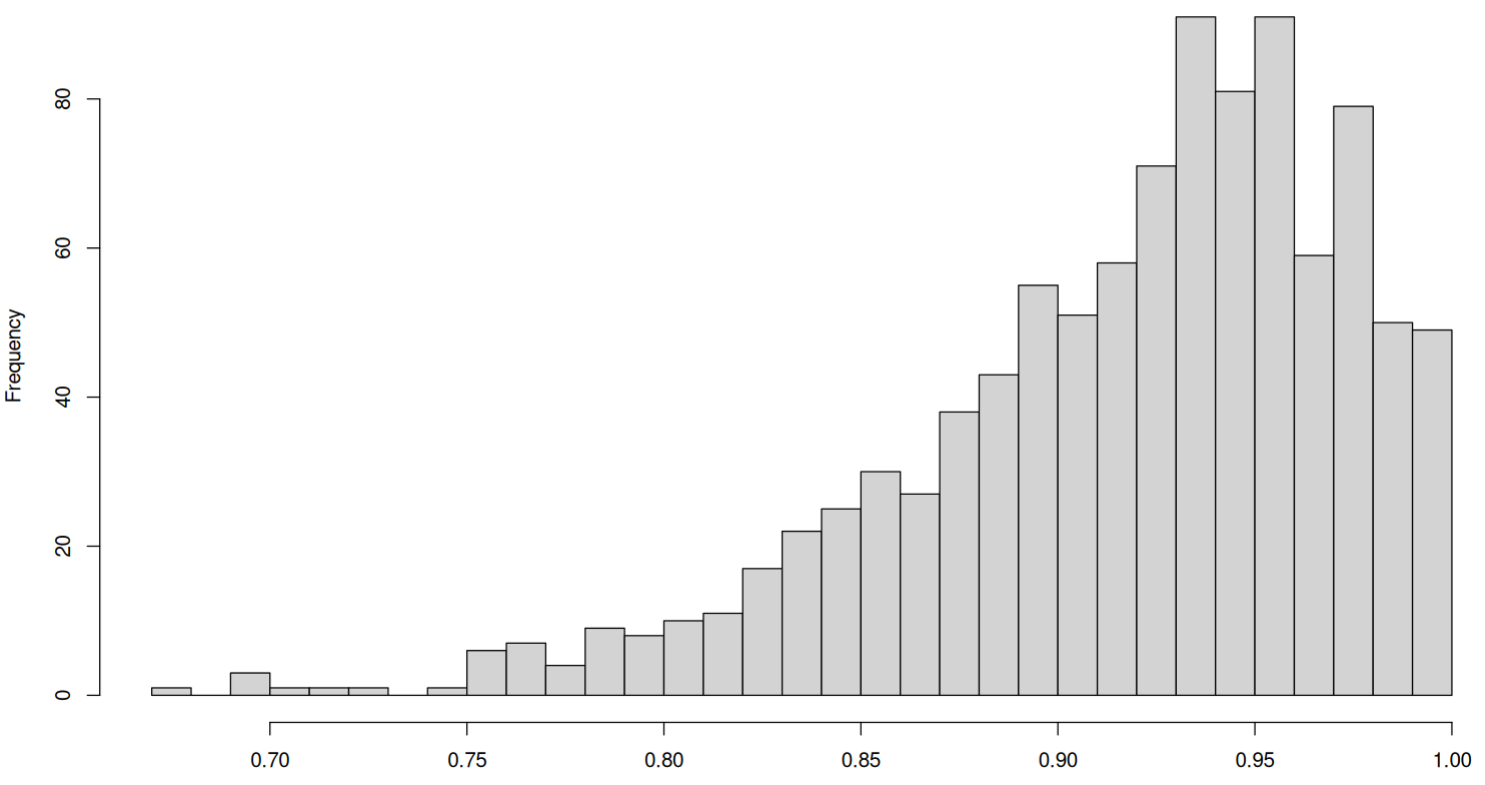Why don't more economists get hired as data analysts?


There are multiple reasons why econometrics experts don’t get hired as data analysts on a routine basis.
Econometrics is not about data
Econometrics is, first and foremost, a statistics applied to economic theory.
1) So, its main goal is not a “real life economics”, but the way to numerically test the theory. Econometrics’ unique expertise is causal analysis, time series, experimental design. All of these skills are great for academia or fields somehow related to academia — R&D departments, Public Policy, Urban Development, Environmental Policies.
And economists do get hired in these fields, but there are a lot less such organizations than commercial businesses. So, no one sees these economists working as de-facto data analysts.
2) Econometrics experts are still economists at heart. So, the economic problems like matching, game theory, real business cycles, history of economic thought etc., are why they chose their field in the first place. And data analysis is just a tool to study economics.
If you listen to two econometricians talk for a few hours, you will see how their conversation starts with “variances” and “biases”, but soon converges to “The Theory of Moral Sentiments” by Adam Smith.
Businesses are unaware of economists’ potential
1) Econometrics does not focus on predictive accuracy, it focuses on ideas and rigor. And self-learned data analysts have no problem with ignoring theory to reach more precision. So, firms hire the latter.
2) Economists are rational and don’t want to waste their resources — therefore, they only learn those programming languages and statistical packages, that are absolutely necessary. So, they rarely keep up to date with stuff like SQL, Hadoop etc. and make do with Stata/R. A rare economist would even bother to learn Excel macros, because “I can do it in Stata”, and if the team is using Excel, they won’t like someone to preach them how they are using the wrong tools.
3) Self-named “data scientists” (whatever they mean by “science”) were historically the guys, who developed the data cleaning/normalizing libraries for R/Stata. Economists would consider it a menial task, and charge their Research Assistants with it.
Outsiders might mistakenly think that the economists themselves did not know how hard this task was etc., which is obviously wrong, because these economists had been Research Assistants themselves and knew how to do it themselves.
So, these guys decided to tell the world that their work is a separate field in on itself and spread the word that the firms need data scientists and not economists/statisticians. The latter didn’t react to that, because they had their full-time jobs in academia, and with time, the data science hype overgrew economists/statisticians.
Now, firms are prejudiced against economists in a hiring process.
In conclusion, economists can easily learn to become data analysts, but they either are lazy or uninterested. At the same time, firms don’t really like to hire economists because of data science hype and prejudices.


